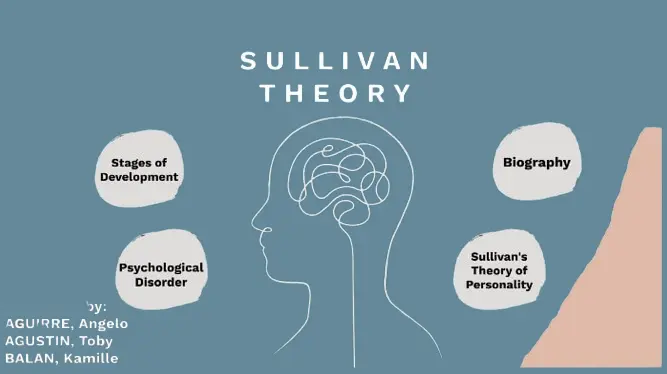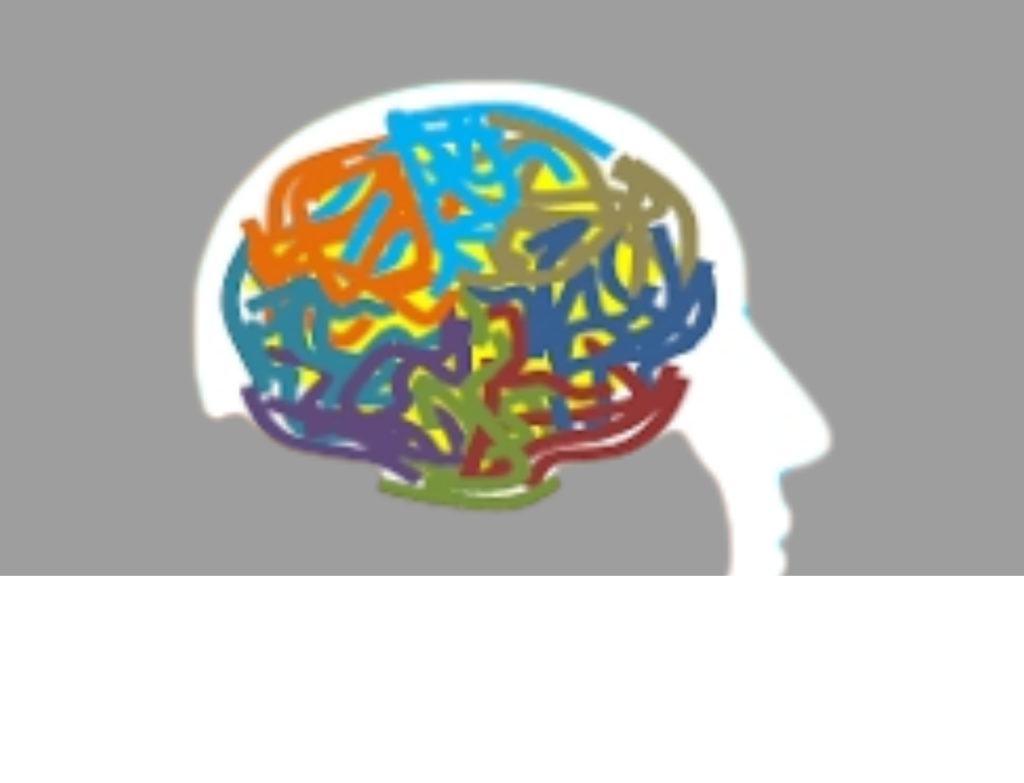It is May, the month of Mental Health. A major component in addressing the issues encountered by the millions of people who live with mental health illnesses is Mental Health Awareness Month, which was established in 1949.
The main goals of World Mental Health Day are to increase public awareness of mental health issues globally and to galvanize efforts to support mental health. The Day offers a forum for all parties involved in mental health issues to discuss their work and what more needs to be done to ensure that mental health care is accessible to all.
Men’s mental health
People of any gender can be impacted by poor mental health, but men and women experience different consequences from mental illness. Men suffer in silence because they are less inclined to confide in others about their emotions due to social ideals of masculinity.
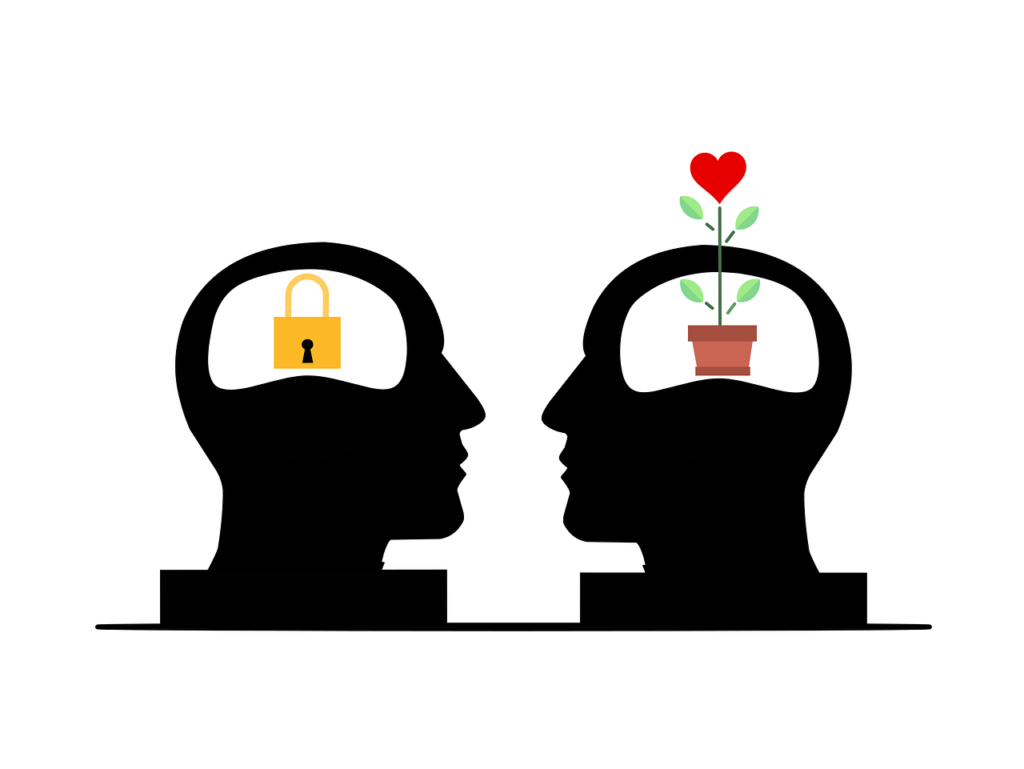
Men’s mental health is a significant yet frequently disregarded aspect of their health. Men and women may be affected by mental health in different ways.
Men and women both struggle with mental health issues. But there are some significant distinctions between the problems that they face and the variables that shape those problems.
To find out more about the most prevalent disorders and problems affecting men’s mental health, as well as possible cures and strategies for supporting those who are struggling with mental healthconcerns, continue reading.
Why is men’s mental health important?
Men and women are affected by mental illnesses. Men are less likely than women to suffer from a number of mental illnesses. Nonetheless, certain diseases, such as attention-deficit/hyperactivity disorder (ADHD), are diagnosed at rates that are either greater for men or comparable for women. The Centers for Disease Control and Prevention also report that men are more likely than women to commit suicide.
Men may also experience some symptoms more frequently than women, and a person’s sex may have an impact on how their condition progresses. It is only now that researchers are starting to dissect the different biological and psychosocial elements that could influence mental health.
Compared to women, men are less likely to have had mental health therapy in the previous year. The first step in receiving therapy is identifying the warning indications that you or someone you know may have a mental health issue. Treatment can be more successful the earlier it starts.
Males who suffer from mental diseases are less likely to receive a diagnosis or treatment, despite the fact that mental illnesses are more common in women than in males. One of the numerous causes of this is the pressure men experience to “man up” or “tough it out.” Speaking up is stigmatized in men since it is perceived as a sign of weakness or as un-“manly.”
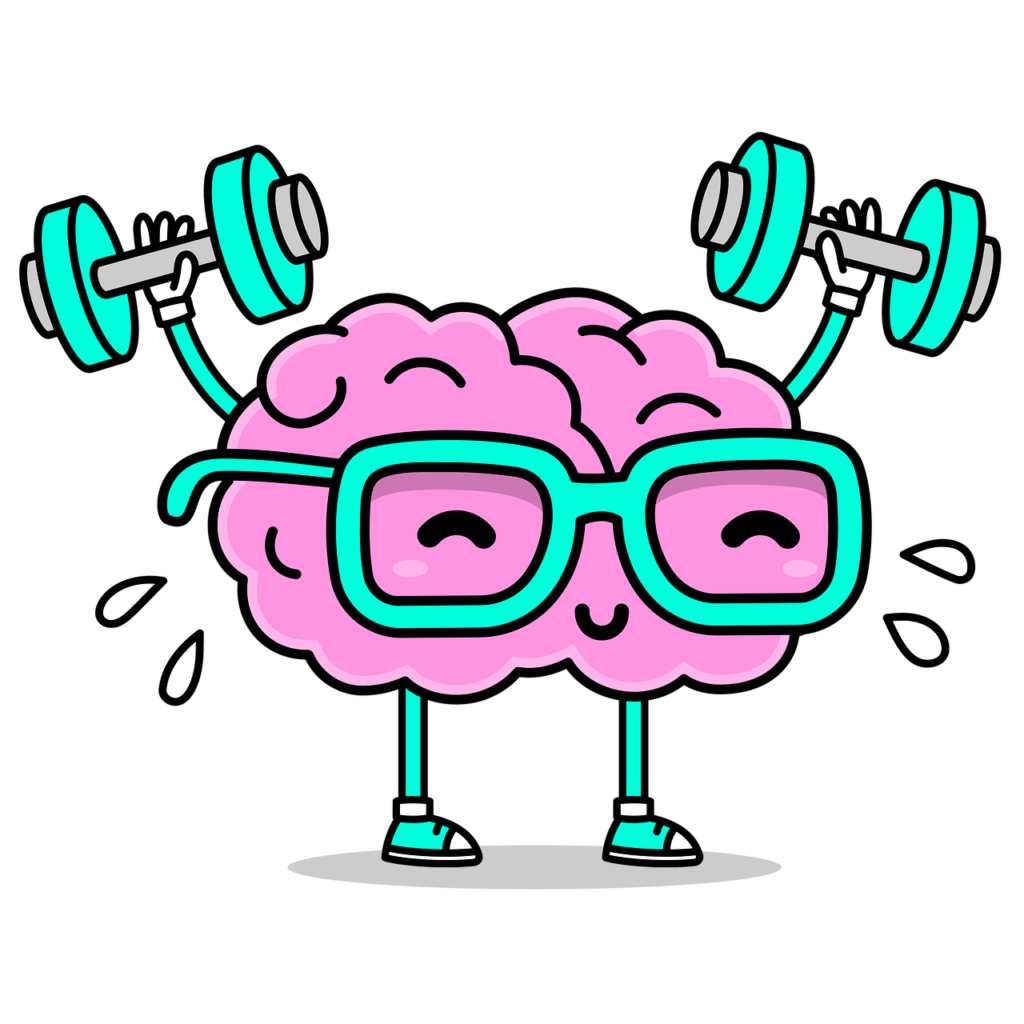
It is normal for males to experience depression, anxiety, or any other mental disorder; there is no reason to be ashamed of this. A man’s journey towards mental health may also be influenced by factors such as culture, fatherhood, race, and socioeconomic level. Since about 10% of males experience anxiety or depression, these stigmas are genuine and have a significant impact on men.
What signs of mental illness are present in men?
Although the majority of mental illnesses and disorders can affect both men and women, their symptoms may differ. Typical symptoms include the following:
- Anger, impatience, or hostility
- discernible shifts in appetite, energy level, or mood
- Inability to get asleep or excessive sleeping Tiredness, restlessness, or agitation
- Worry or tension levels rising
- Abuse of drugs, alcohol, or both
- enduring melancholy or a dismal sense
- flatness or difficulty experiencing happy feelings
- Taking part in risky activities
- Unidentified pains, headaches, or stomach issues
- Compulsive conduct or obsessive thoughts
- ideas or actions that go in the way of one’s social, familial, or professional life
- Strange ideas or actions that worry other people
- thoughts of ending one’s life, attempting suicide, or both
Common mental health conditions in men’s
Among the most common mental health issues affecting males are:
Depression
A persistently depressed mood that interferes with day-to-day functioning is a hallmark of depression. It is among the most prevalent mental health issues globally.
In women compared to men, depression is nearly twice as common (Trusted Source). But compared to women, men are much less likely to seek therapy for it.
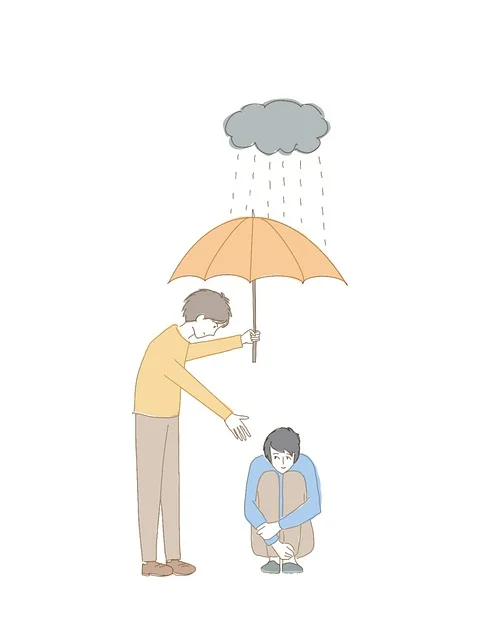
Disorders related to anxiety
Severe and uncontrollable sensations of fear and worry are hallmarks of anxiety disorders.
Depression and generalized anxiety disorder (GAD), the most prevalent kind, frequently co-occur. Men are less likely to seek treatment for GAD, despite the fact that women are twice as likely to suffer it.
Men and women have anxiety disorders of other kinds, such as obsessive-compulsive disorder (OCD) and social anxiety disorder, equally frequently.
While OCD involves compulsive thoughts (compulsions) or a need to execute certain routines again (obsessions), social anxiety disorder generates extreme anxiety and panic in social situations.
Psychosis
People with schizophrenia suffer from a serious mental illness that causes them to misinterpret reality. They suffer from delusions, hallucinations, and other types of abnormal thought patterns.
Schizophrenia can significantly affect one’s relationships and quality of life. Ninety percent of people diagnosed with schizophrenia before the age of thirty-one are male.
PTSD
The symptoms of post-traumatic stress disorder (PTSD) include hyper arousal, avoidance, and reliving a distressing event.
Studies show that half of women and 60% of men have had at least one traumatic event in their lives. Different trauma types have different effects, with men more likely to encounter:
- incidents,
- attacks,
- battles,
- natural catastrophes,
- and seeing someone get killed or injured
Sexual assault and child sexual abuse are more common among women.
Women are more likely to experience PTSD than males, despite men being more likely to experience stressful experiences.
Abuse of substances
Men are more likely than women to consume or become dependent on alcohol and illegal drugs in the majority of age groups. Additionally, they are more prone to overdose and need to attend the emergency room.
68,000 men and 27,000 women die each year from alcohol-related causes, according to the National Institute on Alcohol Abuse and Alcoholism Trusted Source.
Why is mental health among women important?

Depression, anxiety disorders, and eating disorders are among the mental health conditions that affect women more frequently than males.
There are illnesses specific to women as well. For instance, some women may have depressive symptoms during periods of hormone shift, including:
- In the course of or following pregnancy (perinatal depression)
- Approximately when their menstrual cycle begins (premenstrual dysphoric condition)
- In the premenopausal depression stage of the menopause transition
There are no gender disparities in the rates at which mental illnesses like bipolar disorder and schizophrenia are diagnosed, according to study. However, some symptoms could be more prevalent in women, and a person’s sex can have an impact on how their condition develops. Scholars are in the process of dissecting the diverse biological and psychological elements that could potentially influence mental well-being.
What signs of mental illness are present in women?
Typical signs of mental illnesses include
- enduring melancholy or a dismal sense
- noticeable shifts in appetite, energy, or mood
- Inability to fall asleep or excessive slumber
- Changes in appetite or weight
- Abuse of drugs, alcohol, or both Fatigue or lack of energy
- Overwhelming anxiety or terror
- Perceiving or perceiving unreal entities
- wildly fluctuating moods
- Unidentified pains, headaches, or stomach issues
- Anger or impatience
- Social disengagement
- ideas or actions that go in the way of one’s social, familial, or professional life
- thoughts of ending one’s life, attempting suicide, or both
What factors impact mental health in women?
Anxiety and depression are prevalent mental health issues that affect about one in five women. These might arise for a variety of reasons, but some risk factors are common among women. More women than men are likely to
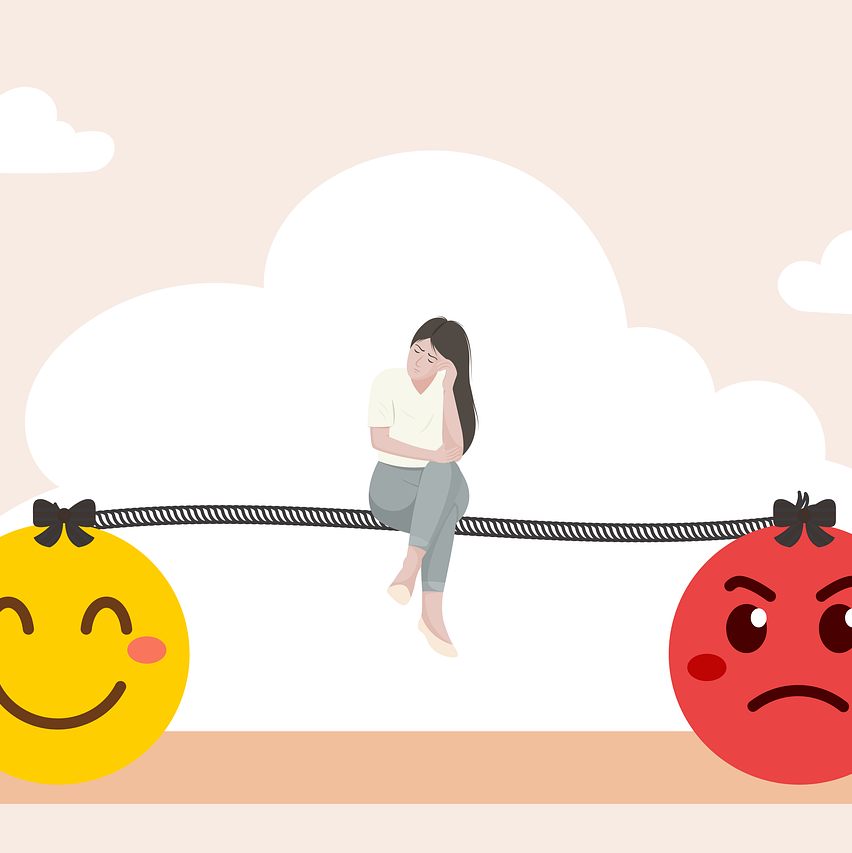
- to provide care, which may cause tension, fear, and loneliness. Carers UK provides information on how to take care of your mental health.
- Living in poverty can result in social isolation, physical and sexual abuse, and worries about one’s safety. These experiences can have a long-term effect on one’s mental health.
- If you are a victim of sexual violence and are enduring domestic abuse, get in touch with Refuge since this can lead to PTSD.
Women often internalize their negative emotions when they find it difficult to express them. Depression, eating problems, and self-harm may result from this. Men are more prone to use disruptive or antisocial behavior as a way to express their emotions.
However, women tend to have stronger social networks than males, find it easier to confide in friends, and are more likely to have had mental health treatment. These variables all work to protect women’s mental health.

